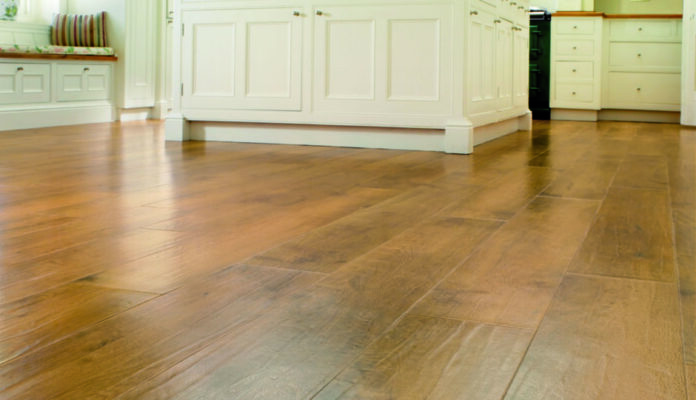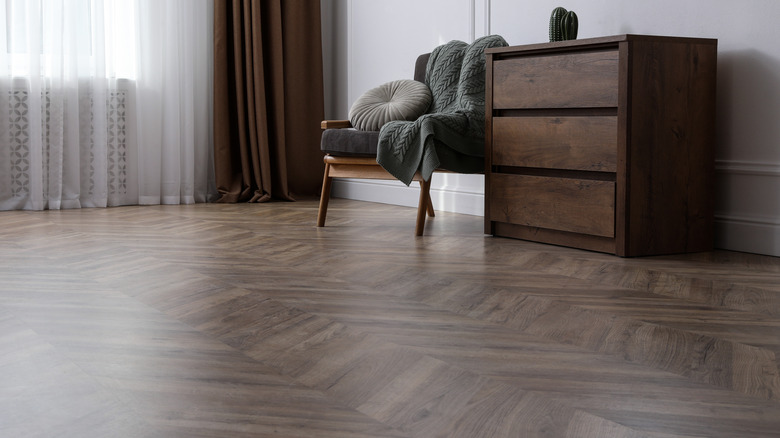LVT Flooring is a durable and long lasting flooring option that is perfect for any residential or commercial space. LVT Flooring is made up of small, interlocking tiles that are easy to clean and maintain, making it a popular choice for spaces that are frequently visited. LVT Flooring is also a sustainable option, meaning that it is environmentally friendly and does not require any additional maintenance than regular flooring.
Is LVT flooring better than laminate?
Laminate flooring is a popular choice for many homeowners because it is affordable, easy to maintain, and comes in many different styles and colors. However, some people may be interested in trying laminate flooring alternatives, such as LVT flooring.
LVT flooring is a type of flooring made from layers of plastic and paper. This combination makes LVT flooring strong and durable, and it is resistant to many common flooring problems, such as moisture and wear. LVT flooring is also a good choice for homes that are expected to be used frequently, as it is easy to clean.
Some people may prefer laminate flooring because it is more visually appealing. However, LVT flooring is a good choice for homes that will be used frequently, as it is easier to clean. Additionally, LVT flooring is a good option for homes that are expected to be used frequently, as it is resistant to many common flooring problems.
How long does LVT flooring last?
LVP flooring is a great option for any type of flooring. It is a popular choice for commercial and residential applications. LVT flooring is made of a durable and long lasting material. Although it may take a little longer to install than other types of flooring, it will last for ten to twenty years. LVT flooring is made to withstand a lot of wear and tear.
Is LVT waterproof?
There are a few factors to consider when answering this question:
The material that LVT is made of
The material that LVT is made of can play a significant role in determining whether or not it is waterproof. If the material is porous, water can seep through and eventually cause damage. Some materials used for LVT are highly resistant to water and can even be used in wet environments.
How well it was sealed
Another factor to consider is how well the LVT was sealed. If the seams are not properly sealed, water can seep through and cause damage. Proper sealing can help keep water out and protect the material from moisture damage.
The climate where LVT will be used
Finally, climate can also play a role in determining whether or not LVT is waterproof. In cold climates, water can freeze and cause damage. In hot climates, water can cause damage from the heat. Proper sealing and climate-resistant materials can help ensure that
Conclusion
LVT flooring is a great option for any home because of its many benefits. It is a sustainable product that helps to protect the environment. LVT flooring also has a low VOC content, making it a good choice for people who are concerned about the environment. It is also a good option for people with allergies because LVT flooring does not contain any of the allergens that can be harmful to people with allergies.



















